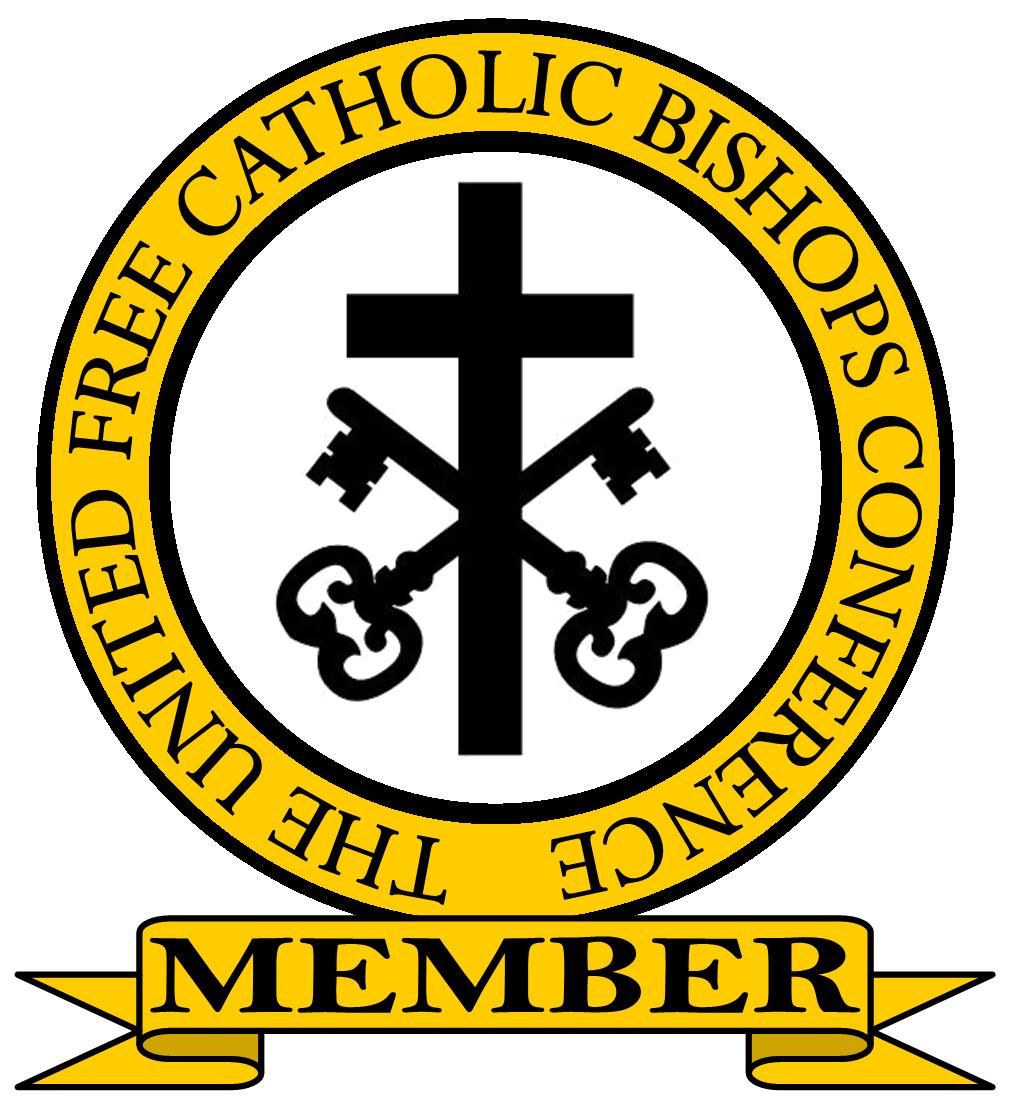The Sacraments
The Old Catholic Apostolic Church is a mission church: as dioceses of ministries rather than dioceses of congregations. Every clergy member from minor orders or Holy Orders has an active expression of ministry in the world - homeless support, chaplaincy, Christian broadcasters and so on. However, everything we do is powered by prayer and sacrament: principally the Eucharist.The Old Catholic Apostolic Church is Trinitarian, Episcopal and Sacramental, and with a real world outreach.
We believe that a sacrament is an outward expression of an inner Grace: that God is at work in the sacrament; and our 'bit' need not be perfect to be effective as long as done with love, and right intent.
Eucharist or Mass. OCAC has several forms of mass both traditional and modern. We believe in the real presence not least because Christ said that wherever two or more are gathered in His name He is there with them...and that includes Eucharist. Transubstantiation - that the bread actually turns into the body of Christ is believed by some but not all.
Matrimony. There is no need for clergy to be celibate, or single and we have clergy that are married as well as those who are not. We believe that the example of God shows that a life-long bond between caring and loving individuals is the basis of family, however, we also believe that each has their own path to follow and support those who are single parents. We support all irrespective of their situation, or viewpoint.
Unction. We believe in the same Holy Spirit that healed in the Gospels at the command of Jesus and healed in the Acts when invoked by Peter and the other Apostles. Healing is the purpose of the sacrament of Unction.
Holy Orders. We believe that all are called by God to serve in many and diverse ways and that all Christians are ministers of the Gospel in that sense. We do place a greater spiritual and practical emphasis on those who are ordained firstly through the steps of the minor orders, and followed by Holy Orders.
Baptism. Baptism may or may not be by immersion. Some prefer immersion others not. It is likely that John the Baptist baptised by immersion, but St Barnabus was baptised by St Peter (and later St Paul by Annanias) by pouring. To argue over which is 'better' is as fruitless as discussing whether it is better to be baptised in water taken from the River Jordan, in sea water or mild chlorine solution from the municipal supply. It is to be preferred that candidates are old enough to speak for themselves regarding their baptism.
Confirmation. We believe that persons who can choose for themselves baptism is to be preferred over infant baptism, but recognise the significance of the sacrament being made by parents on behalf of their child. Confirmation is when that child is old enough to speak for themselves and confirm the baptism already given them in early years.
Penance. Often mis-understood, penance is the natural reaction to being forgiven, when we want to amend our ways, or affirm the forgiveness already freely given to us.
We use the empty cross in our worship, as we worship the Risen Lord, but we adore the crucifix too, as depicting the moment when Christ removed us from the grip of sin.


